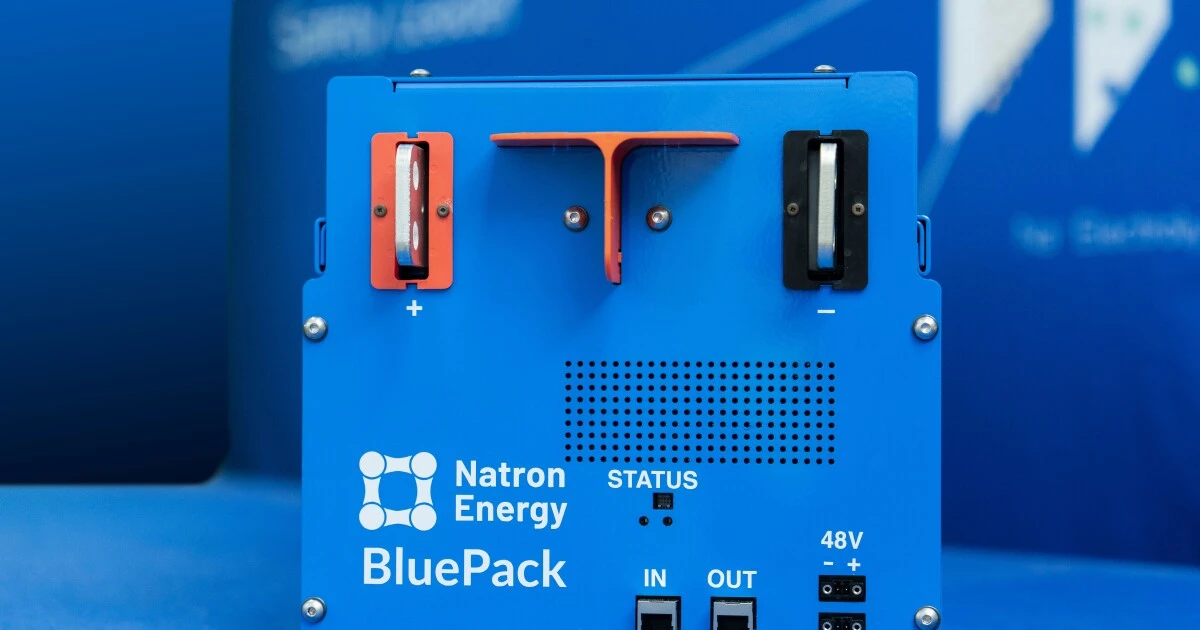- cross-posted to:
- technology@lemmy.world
- cross-posted to:
- technology@lemmy.world
It’s so rare to actually see a new battery tech exit the lab and enter production. Always seems like there’s 10,000 new up and coming breakthroughs in battery technology, but none ever leave the workbench.
While Na-ion batteries don’t have the energy density of Li-ion, they make up for it with many other factors such as more abundant source materials, increased safety, higher charge/discharge currents, and increased number of charge cycles.
Slashdot summary:
Not only is sodium somewhere between 500 to 1,000 times more abundant than lithium on the planet we call Earth, sourcing it doesn’t necessitate the same type of earth-scarring extraction. Even moving beyond the sodium vs lithium surname comparison, Natron says its sodium-ion batteries are made entirely from abundantly available commodity materials that also include aluminum, iron and manganese. Furthermore, the materials for Natron’s sodium-ion chemistry can be procured through a reliable US-based domestic supply chain free from geopolitical disruption. The same cannot be said for common lithium-ion materials like cobalt and nickel.
Sodium-ion tech has received heightened interest in recent years as a more reliable, potentially cheaper energy storage medium. While its energy density lags behind lithium-ion, advantages such as faster cycling, longer lifespan and safer, non-flammable end use have made sodium-ion an attractive alternative, especially for stationary uses like data center and EV charger backup storage. […] Natron says its batteries charge and discharge at rates 10 times faster than lithium-ion, a level of immediate charge/discharge capability that makes the batteries a prime contender for the ups and downs of backup power storage. Also helping in that use case is an estimated lifespan of 50,000 cycles.



I think they’ll be useful for applications where the energy per unit of mass isn’t what matters. So not vehicles and not mobile devices - but there are still a huge range of applications left, especially in a world where we urgently need to move from fossil fuels to abundant but intermittent sources like solar and wind energy.
Oh sure! Just like I said, nothing mobile
I could see myself with a heavier device, especcially if its safer from catching on fire. But mass market might disagree. Sodium battery replacments could be a thing for more modifiable devices though.